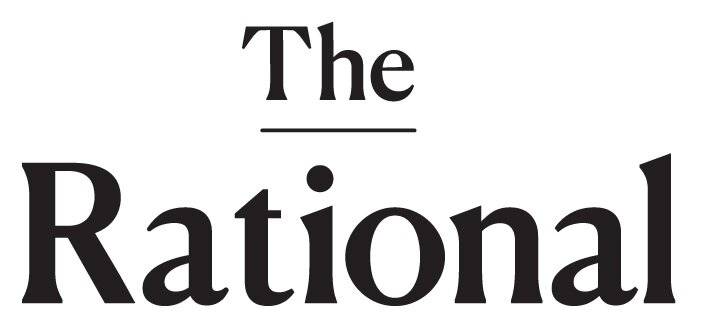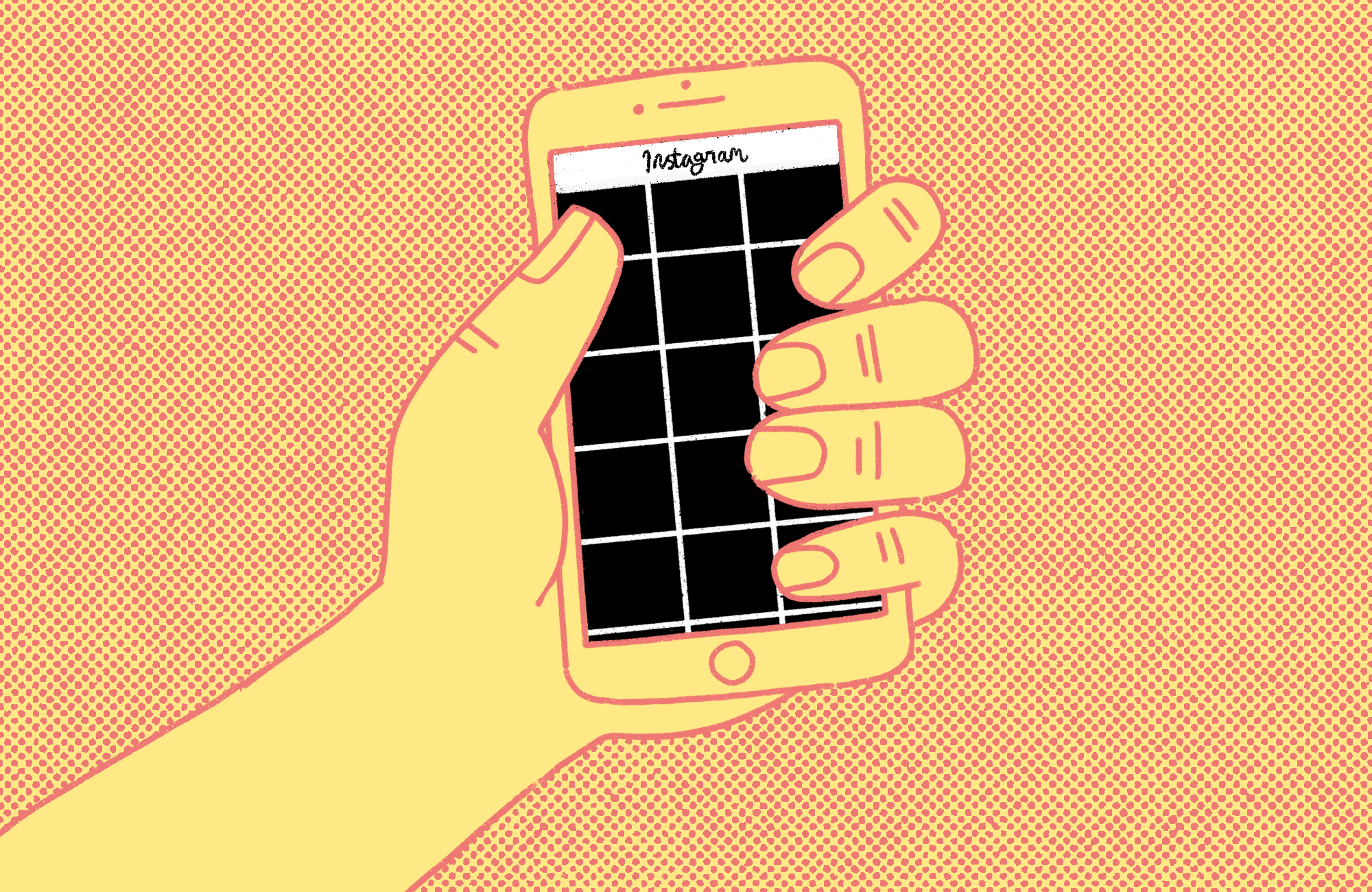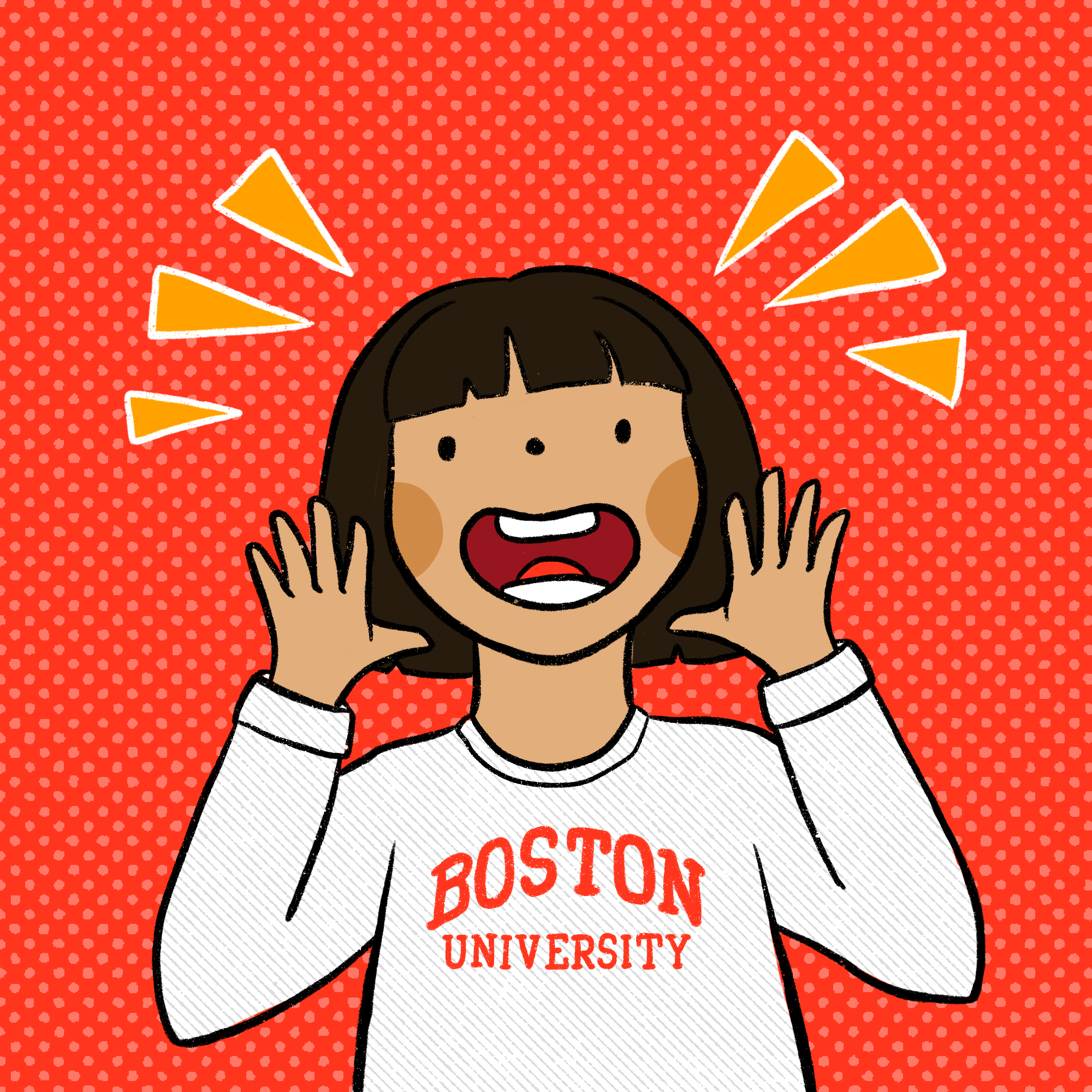Joe Biden Won. So Why Doesn’t It Feel Like a Win?
How you vote impacts our future just as much as who you vote for.
Images courtesy of Gage Skidmore
Joe Biden has won. In a few short weeks, he will be inaugurated as the 46th President of the United States. Kamala Harris will be the first woman, Black woman, Asian woman, mixed woman to be Vice President of the United States. I am grateful for the work people — women and people of color, especially — and community organizations did to get us here: registering voters, watching polls, driving people to polls, putting up with harassment, counting votes and more. I wanted to take the W with joy and be with people in the streets.
But in the weeks since, full of Biden’s cabinet picks and policy shifts, I cannot help but wonder how Biden voters voted down the rest of the ballot. The last four years were spent funneling frustration and blame into Donald Trump. Even when we acknowledged that he is a symptom of the system and not the virus itself, we kept him at the center of our field of vision.
And that, perhaps, made some of us blind to what else needed our support. Because as much power as the executive has, it is not absolute. Every single bubble on the ballot is an opportunity to secure rights and representation.
Trump and Biden were on the ballot, yes. But so were policies that would go into effect before inauguration day. “People power” puts its faith in people to do the right thing, not a single politician to solve those problems for us. It’s a collective that makes progress possible. For one, Californians, including myself, were voting for a number of measures that would have dismantled or weakened the racist, capitalist policies that perpetuate inequity.
Every single bubble on the ballot is an opportunity to secure rights and representation.
This was just the right election to come after a summer of Black Lives Matter protests and calls to defund or abolish the police.
Perhaps because California has 34 prisons and 115,000 people in those prisons, calls to reform the criminal legal system were effective here. We rejected Proposition 20, which would have converted many misdemeanors into felonies, and approved Proposition 17, which restored voting rights for persons on parole. It was too obvious to us this year, with imprisoned people dying from COVID yet still fighting our fires, that our country had taken rights and dignity from them.
However, more insidious legislation appears to be harder to retract. Proposition 16 would have reinstated affirmative action, which has been unlawful in California since 1996. It was on the ballot because Black UC Berkeley students wanted more resources and more diversity, so they sought justice. This measure was rejected.
Californians also turned its back on workers’ rights by voting to pass Proposition 22 which strips away app-based drivers’ basic worker protections. Uber, Lyft, and other behemoths with wads of cash spent over 181.4 million dollars to get Prop 22 on the ballot because they did not like a recent state law that reclassified their independent contractors as worthy of benefits. It became the most expensive ballot initiative in California history. Over 181.4 million dollars to avoid providing overtime, sick leave, or unemployment benefits.
Recent polls had shown that Berkeley voters were more likely to vote against affirmative action than in favor of it. Even in a state that almost immediately went blue after the polls closed, that blue is a bit of a mirage. In Colorado, another oft-assumed blue state, voters passed a symbolic ballot measure to ensure that only U.S. citizens can vote.
It’s like the Wizard of Oz, where you see a big Biden face pop up, but pulling the curtain back brings up more questions than it answers. In our current Land of Oz, however, there is less dissonance. Trump’s big face on every news outlet and at the center of every conversation and parody distracted us from looking at Wheeler, DeVos, Barr, and more behind the curtain. His bloviating and tweeting captured our attention while the heads of agencies and teams of attorneys and policymakers chipped away at the foundation of our democracy and our sense of self. Now, I am hopeful we can pay attention to all the people and policies behind the curtain that keep oppression going.
What the election results made clear is that we are all part of that racist system, each one of us.
Just after the election, I watched a TikTok of “Taps” being played over someone taking down their Trump 2020 flag. But they didn’t throw the flag away; they rolled it up and took it back into their garage. Because all of those people who voted to put racism, misogyny, rudeness, individualism first did not just evaporate when Biden won. These are the values Americans hold dear, too.
Both Harris and Biden talked about systemic racism in America during their speeches the night the election was called. And that felt good because admitting you have a problem is the first step. But what the election results made clear is that we are all part of that racist system, each one of us. And while I am proud that we managed to force the moral arc of the universe in a direction that points towards justice, I am thinking, too, about the continued force we must all put on that arc. We must not let up on putting pressure on local leaders, national politicians, our neighbors, our families, and ourselves, so that with each election, that arc continues pointing the correct way.













